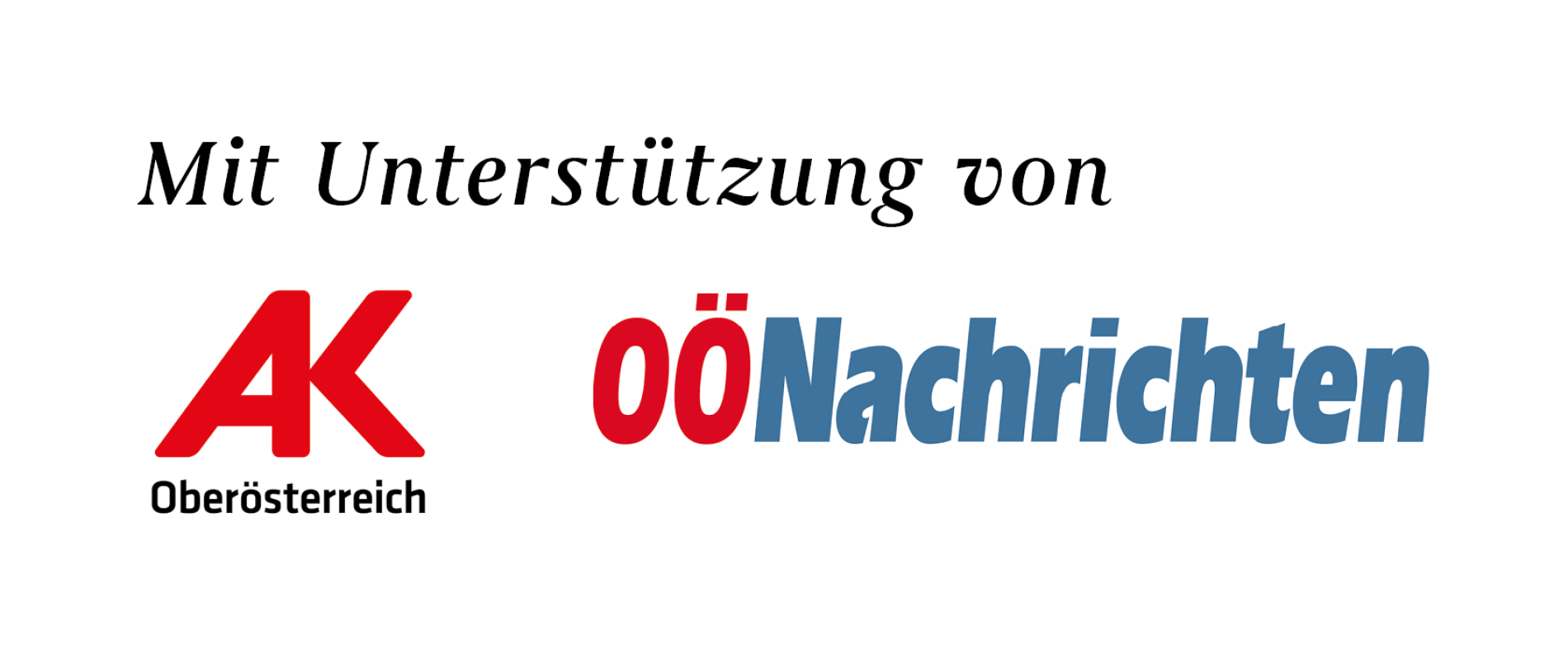Fotos: Stadt Linz, Andreas Brugger
// THURSDAY, 14. SEPTEMBER 2023, 6:30 P.M., MAIN SQUARE LINZ
SCIENCITY
the Brainstage.
Science in the public sphere. On Thursday, 14. September 2023, we invite you again to the science-show Sciencity the Brainstage. Starting at 6:30 p.m., there will be exciting presentations and entertaining acts about research and technology from the universities in Linz, right in the middle of Linz's main square.
Contributions from the FH Oberösterreich and the Kunstuniversität Linz are already fixed. More details about the program will follow! In case of bad weather, the event will take place in the Old Town Hall (foyer).
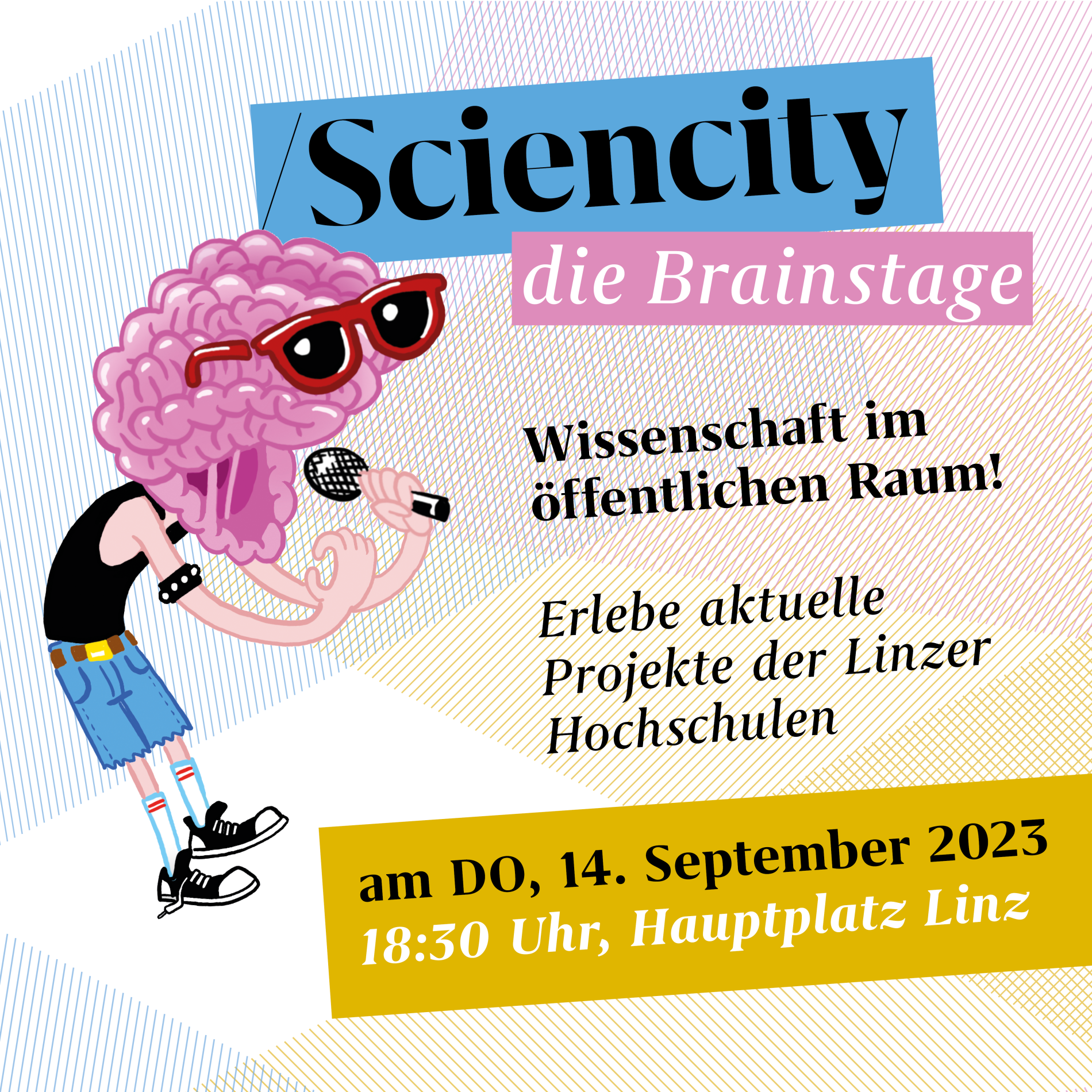
on Thursday, 14. September 2023, from 6:30 pm, Mainsquare Linz
In her lecture, Marianne Lechner will talk about emotional objects and computer-generated speculative futures and give an insight into her research area at the University of Art and Design Linz. Our technical progress envelops us in all areas of life with digital communicating things. How do we interact and communicate with these artificially intelligent roommates? With a view to the future, Marianne Lechner investigates the possibilities of new symbioses between socio-technical ecosystems and us humans. "Speculative narratives make it possible to discuss different futures in the present." This experimental fictional way of working creates new perspectives in the field of Human Computer Interaction (HCI).
Assoz. Prof. DI (FH) Marianne Lechner PhD teaches and researches at the University of Art and Design Linz in the departments of Visual Communication and Industrial Design.
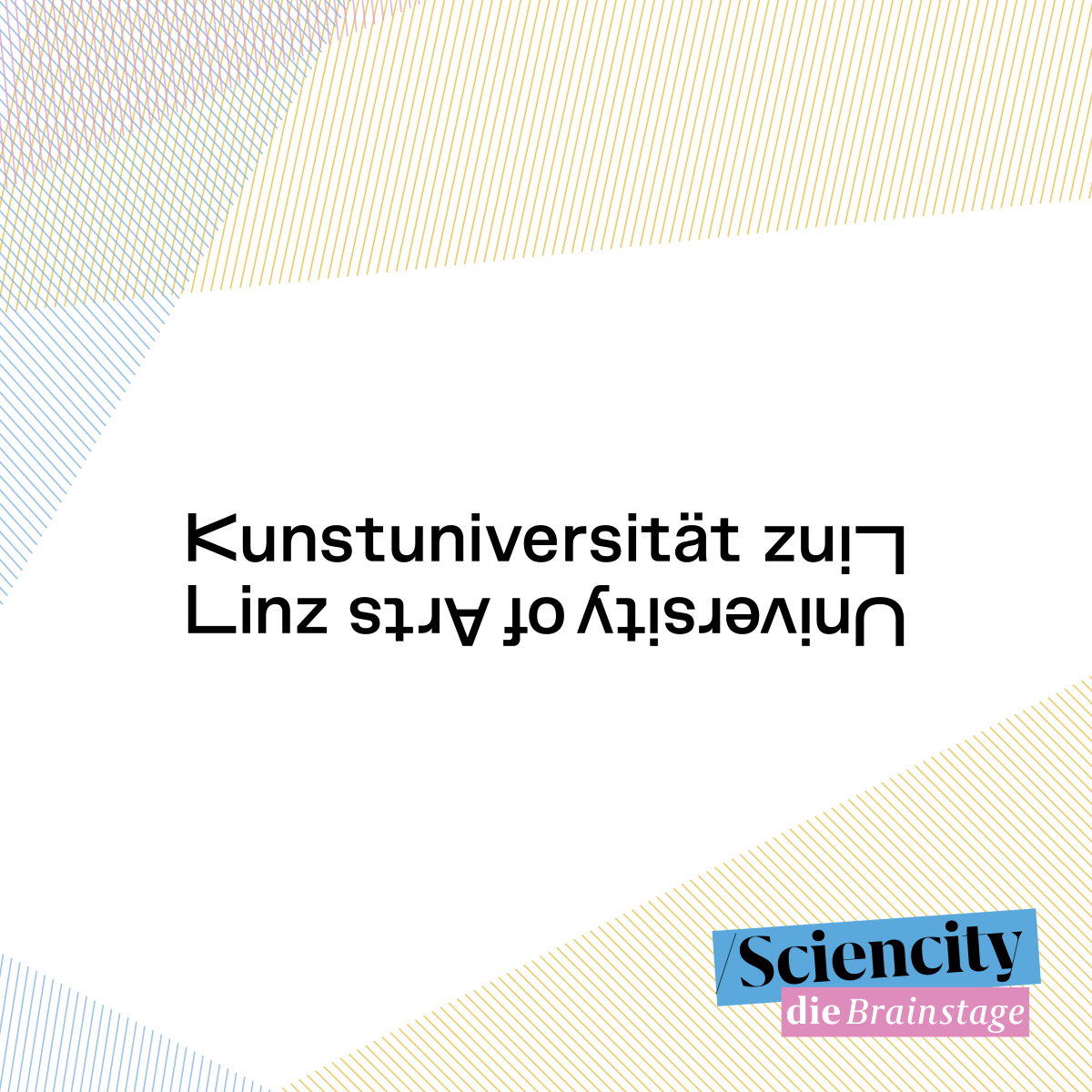
How can the shift of freight transport to sustainable modes of transport succeed? Bianca Duldner-Borca and Denise Beil show what effects freight transport has on the environment, what alternatives there are and what measures still need to be taken in the future. In addition, they will also shed light on the perspective of political regulations that are necessary for this. The audience is invited to participate interactively!
Bianca Duldner-Borca, B.A., M.A. and Denise Beil, B.A., M.A. work at the Center of Excellence Logistics, LOGISTIKUM, Research Center Steyr with a focus on sustainable logistics and transport management.
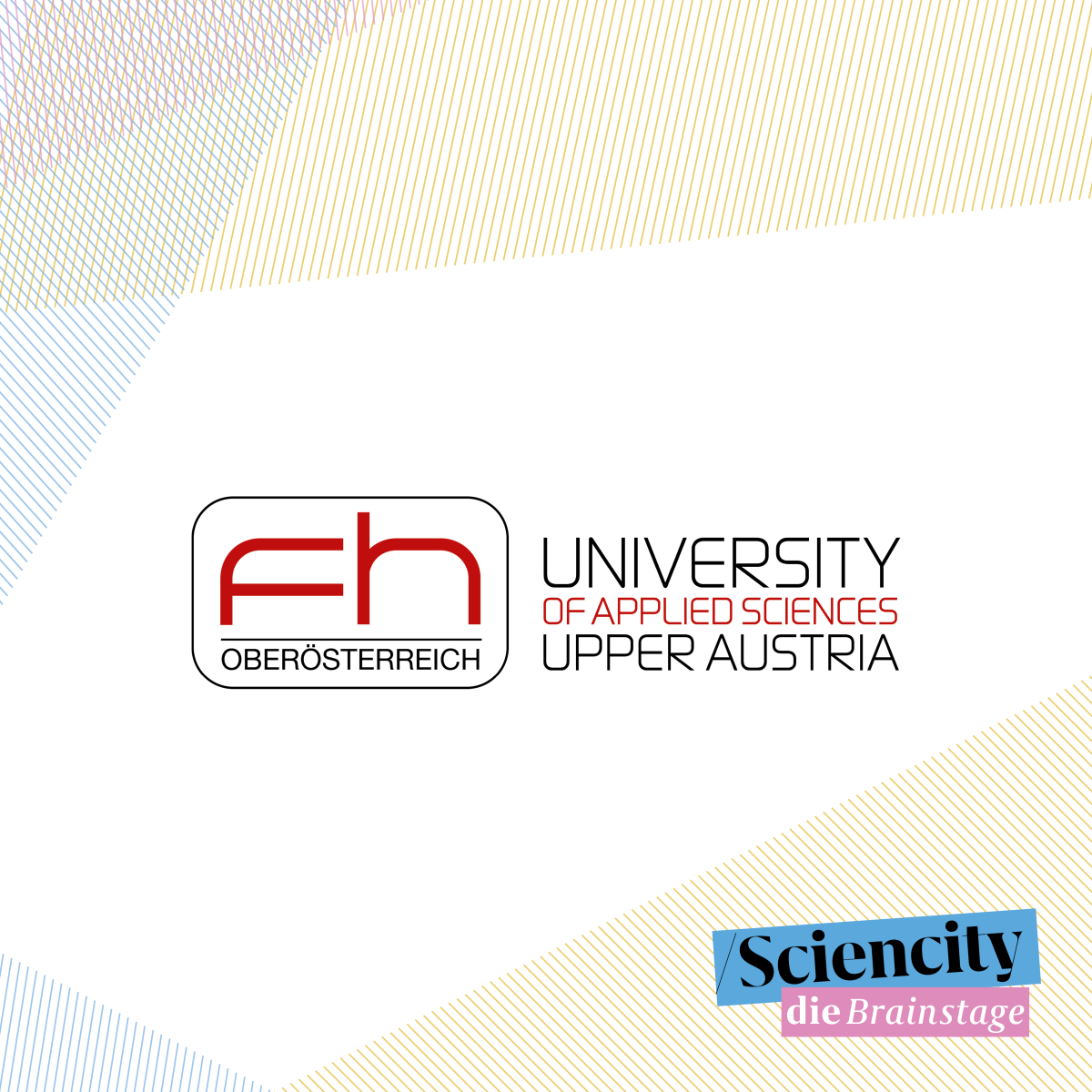
Miriam Eichinger studies Fashion und Technology at the University of Art and Design Linz. In her practical master's thesis, she experiments with algae, bacteria and plant pigments to create and dye sustainable and degradable textiles. In addition to plastic-free artificial leather, she will also present results from the Fashion and Robotics research project, including a T-shirt made from bacterial cellulose.
Image: FAR - 3D grown T-shirt made of bacterial cellulose, Photocredits Miriam Eichinger

The topic ties in with the lecture at FC as well as this year's seminar on biofictions, which will be repeated in English next winter semester, and will focus on the role of images in the creation of mythological mythological creatures (e.g. centaurs and dragons) as well as contemporary "urban legends" in the press and in social media (Nessi, Bigfoot, Slenderman etc.) employ. Art historical, religious studies and philosophical theories are combined with current popular discourses.
Ass.-Prof. Dr. Kerstin Borchhard teaches and researches at the Institute for the History and Theory of Art at the Catholic Private University Linz
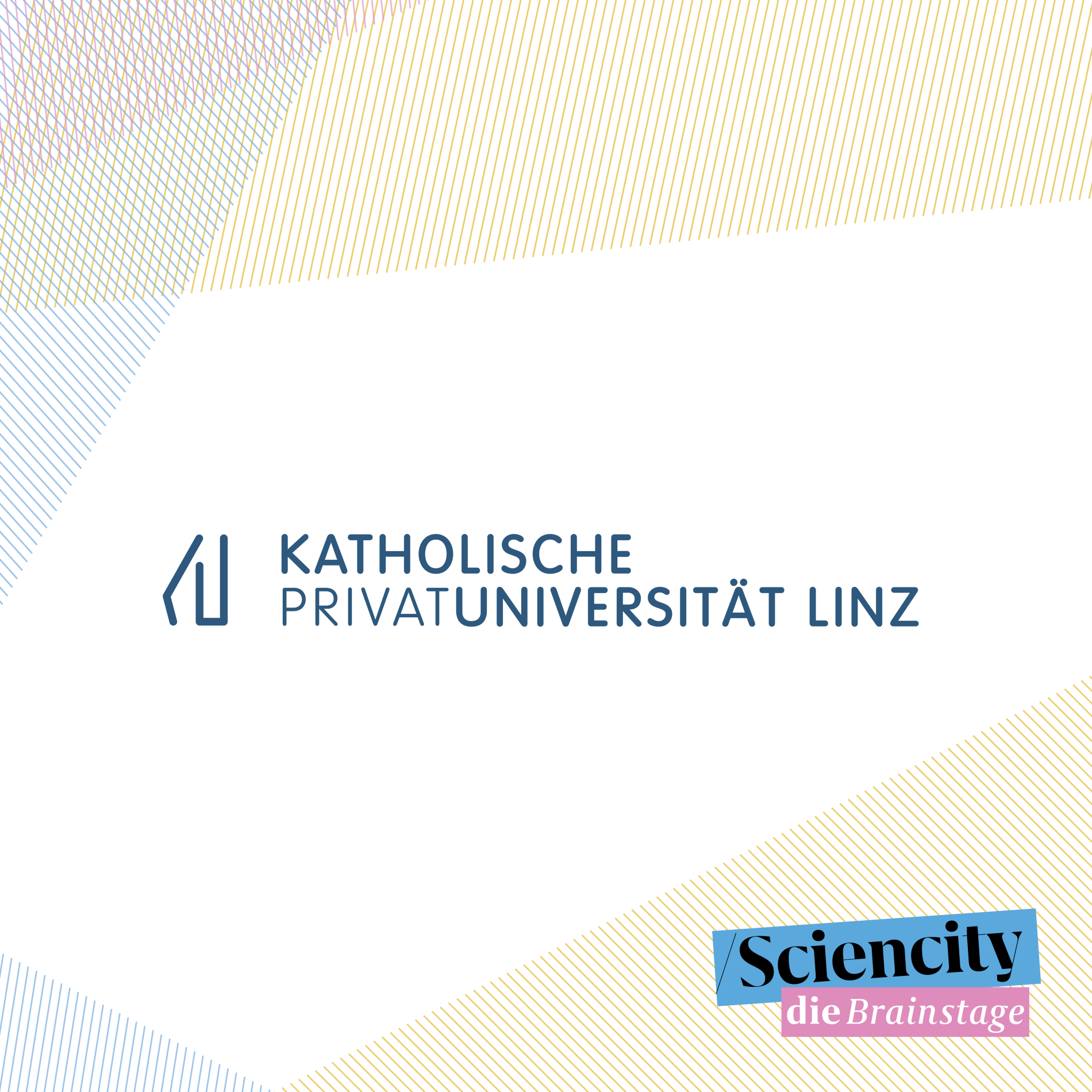
On Linz's main square, self-proclaimed "exorcists" organized exorcisms – and not in the Middle Ages, but in November 2020. These events and many other events during the Corona pandemic also came as a surprise to scientists. Quite a few people saw their health and lives threatened by an all-out conspiracy. These defensive attitudes, in turn, triggered fears and aggression among proponents of measures.
Corresponding processes of projects, devaluation, etc. are well known from the history of mankind. The creation of an enemy image offers some psychological and social advantages, such as the possibility of living out hatred and aggression individually or collectively without having to feel guilty. But this is exactly what makes demonization a great danger – ultimately for everyone.
Assoz. Prof. Dr. Dr. Carlos Watzka is Deputy Head of the Department of Psychotherapy Science at the Sigmund Freud University Linz
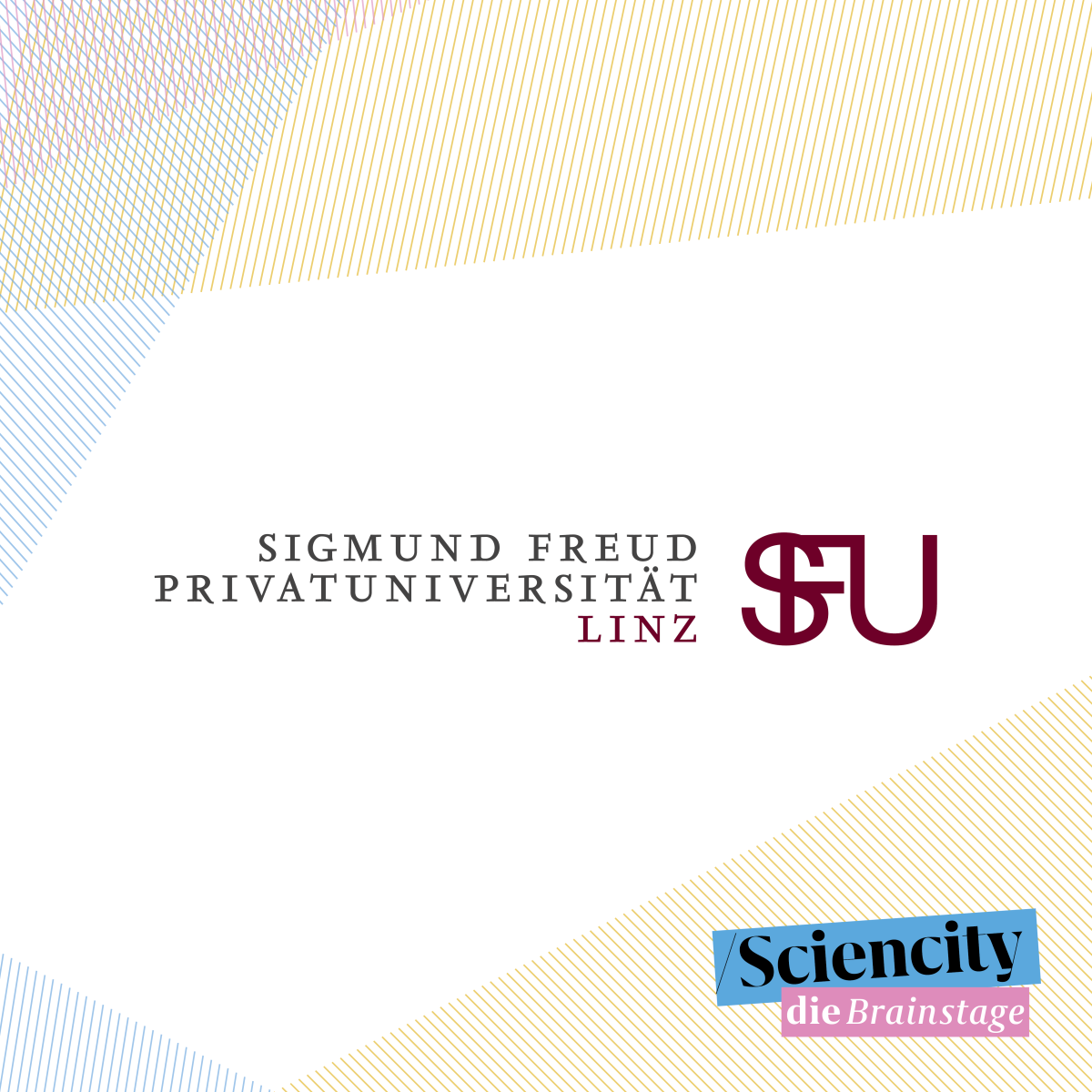
Dr. Stephan Winkler explains evolutionary algorithms and how nature or evolution serves as a model for optimization methods in computer science.
Evolutionary algorithms are programs whose procedures are "copied" from natural evolution and can be used to optimize a wide variety of processes. Routes can be optimized, but also dynamic processes – such as processes in business, industry or even the simulated landing of landers on the moon or Mars.
FH-Prof. PD DI Dr Stephan Winkler is Head of the Department of Medical Informatics and Bioinformatics at the University of Applied Sciences Hagenberg

Tania's lecture will look at biomusic as an area in which the communication of animals for the creation of new music is explored.
For the last ten years Tania Rubio has been studying natural soundscapes through the lens of acoustic ecology. Tania has absorbed several ecosystems primarily in the Americas and Europe. The process of research and fieldwork between the natural world, ancestral cultures, and biological sciences has influenced her work as a composer. In the course of the lecture, Tania will present the different ways in which natural cultures, ancestral cosmogony and ecoacoustics have influenced her compositional work from an ecocritical point of view.
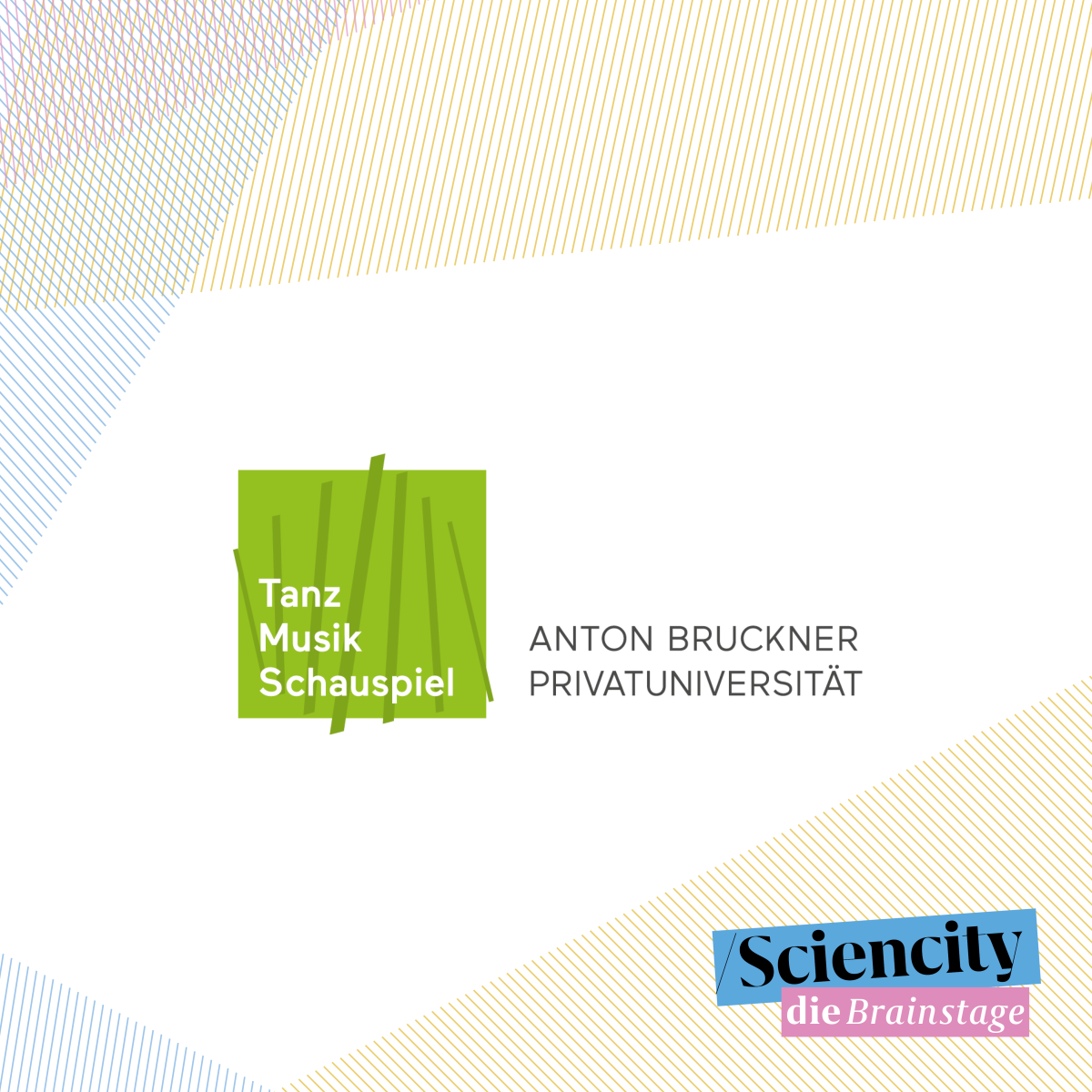
Moral decisions influence man from the very beginning of his life. In the course of advancing digitalization, we have now also reached the point where we have to devote ourselves to the close connection between morality, ethics and technology. The extent to which this can have an influence on self-driving cars, for example, is demonstrated by the research assistants of the Faculty of Psychologie at SFU Linz with the help of a thought experiment. Due to the general relevance of this topic, you are also actively asked for your participation when Sabine Saminger, MSc., Victoria Rosenauer, BSc. and Univ.-Ass. Thomas Vlasak, MSc. will talk about sensitization in the context of moral digitalization.
Was sind Roboter? Wie prägen sie unsere Arbeitswelt und Freizeit? Und welche Fähigkeiten brauchen wir, um roboterbasierte Systeme für zukünftige Anwendungen in unserer Umgebung zu entwerfen?
Martin Schwab nimmt uns mit auf eine Reise entlang seines Werdegangs und tauchen dabei in eine spannende Welt an der Schnittstelle von Kunst, Design und Technologie und machen uns anhand der Beispiele aus dem Forschungsbereich Creative Robotics ein Bild davon, wie individualisierte, roboterbasierte Systeme digitale und reale Welten in Zukunft miteinander verbinden können.
Dipl.-Ing. Martin Schwab, BSc. forscht an der Kunstuniversität Linz in der Abteilung Creative Robotics zu den Themen Computational Design and Digital Fabrication

Was zählt als Wissen? Ich stelle mein Forschungsprojekt vor, in dem ich den Begriff des Ratens rehabilitiere. Mit dem Raten meine ich nicht einfach ein Zufälliges Erraten oder eine Entscheidung aus dem Blauen heraus wie etwa das Tippen beim Lotto. Beim Raten geht es um ein Wissen, das wir aus sinnlichen Mustern - durch ein Konstellieren oder Bildern im Sinnlichen - erlangen. Es geht um ein Wissen, das nicht aus dem begrifflichen Denken kommt, aber dennoch etwas Allgemeines abbildet. Diese Synthese ohne Begriff, ein Zusammenstellen oder Konfigurieren, das uns ein Bild von etwas bringt, spielt nicht nur im ästhetischen Urteil oder in der Kunst eine Rolle, sondern auch in der Wissenschaft. Damit wir Neues finden können reicht es nicht, etwas auf einen starken Begriff zu bringen, die Forschenden müssen sich für schwache Musterungen und Konstellationen offenhalten, die einen Aspektwechsel ermöglichen.
Ass.-Prof. Dr. Aloisia Moser lehrt und forscht am Institut für Geschichte der Philosophie der Katholischen Privat-Universität Linz.
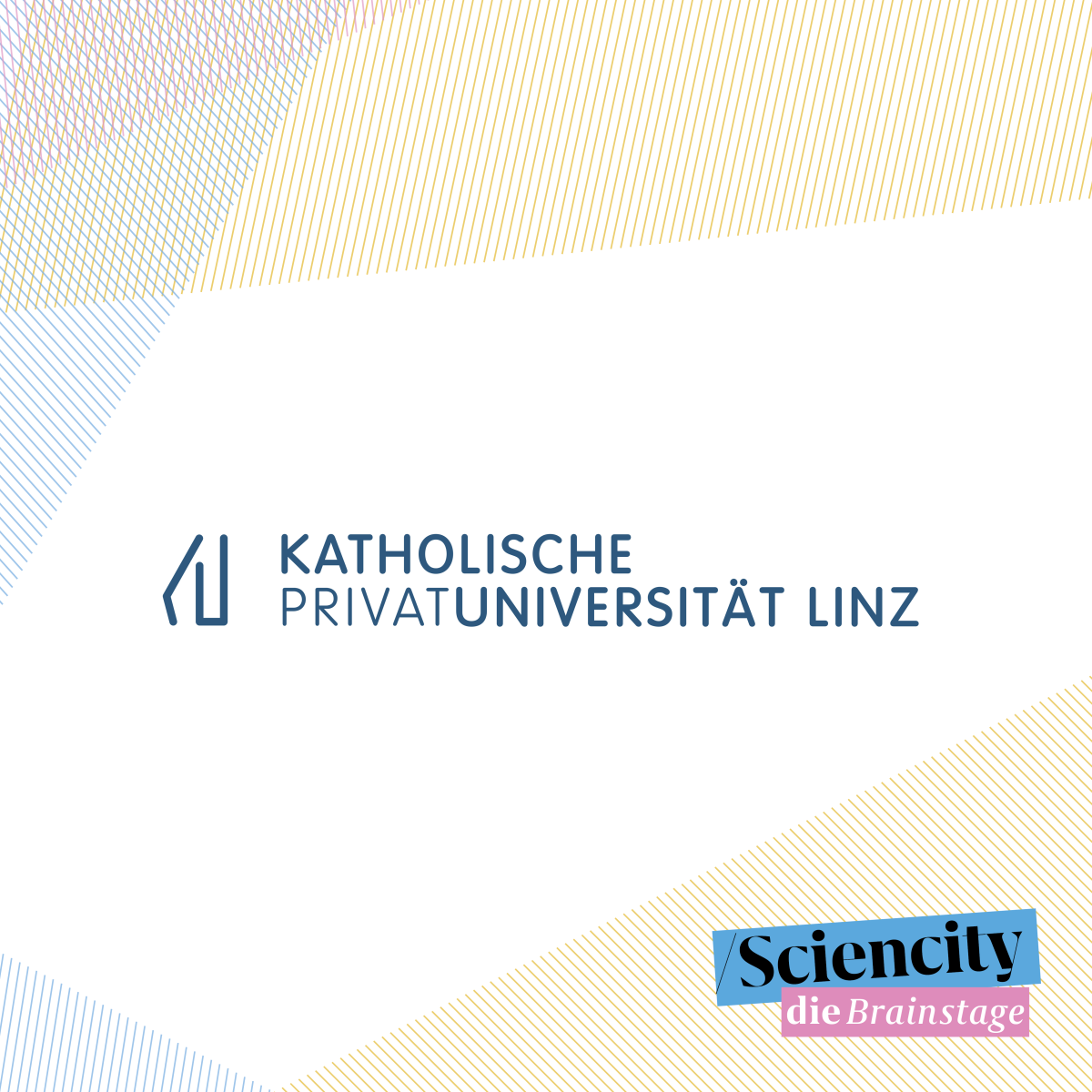
To the Aftermovie Sciencity 2019 and Aftermovie Sciencity 2021
